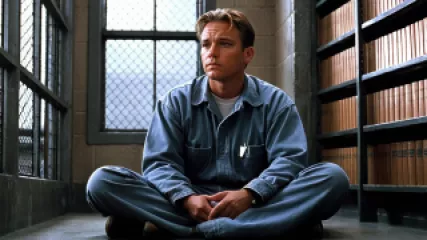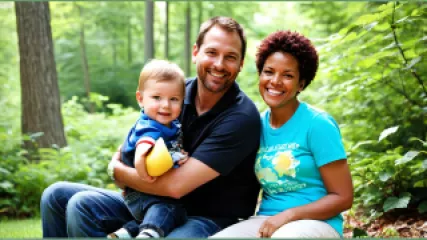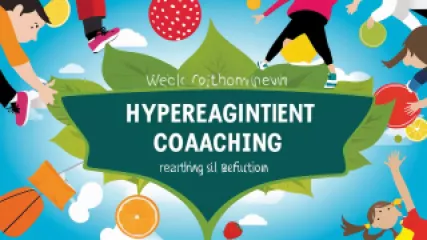The Impact of Mental Health Programs on Adolescent Wellbeing
1 year ago
Mental Health in Adolescents
Unlocking the Secrets of Teen Mental Health: An Interview with Dr. Sarah Holden
1 year ago
Mental Health in Adolescents
The Art of Apologizing: A Mental Health Perspective
1 year ago
Art of Apology
How Can Mindfulness Reduce Anxiety?
1 year ago
Mindfulness for Anxiety
My Journey to Manage Anxiety Through Mindfulness
1 year ago
Mindfulness for Anxiety
10 Best Mindfulness Practices to Reduce Anxiety
1 year ago
Mindfulness for Anxiety
Lessons from "The Shawshank Redemption" for Your Mental Health Recovery Journey
1 year ago
Recovery Journey
How to Boost Mental Wellness with Therapeutic Laughter Sessions
1 year ago
Therapeutic Humor
My Journey as an Adoptive Parent: Overcoming Challenges
1 year ago
Adoptive Parent Challenges
My Journey as an E-Counselor: Supporting Students' Mental Health
1 year ago
School Counseling
What Yoga Practitioners Can Learn from 'The Karate Kid' for Mental Health
1 year ago
Yoga for Mental Health
Top Strategies for Managing Hyperactivity in Wellness Coaching
1 year ago
Managing Hyperactivity
Empowering Adolescent Mental Health: An Expert Interview
1 year ago
Mental Health in Adolescents
What Are the Best Online Mental Health Resources for Your Recovery Journey?
1 year ago
Recovery Journey
Navigating Mental Health: A Step-by-Step Guide for Adolescents
1 year ago
Mental Health in Adolescents















